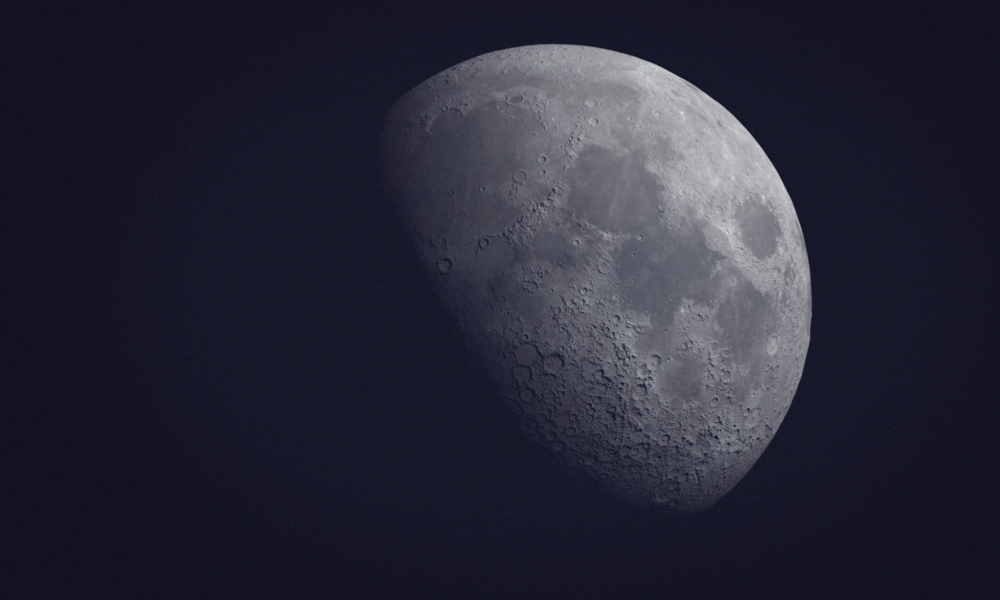
ESA Open Invitation To Tender AO8806
Open Date: 14/10/2016
Closing Date: 25/11/2016 13:00:00
Status: ISSUED
Reference Nr.: 16.129.19
Prog. Ref.: TRP
Budget Ref.: E/0901-01 – TRP
Special Prov.: BE+DK+FR+DE+IT+NL+ES+SE+CH+GB+IE+AT+NO+FI+PT+GR+LU+CZ+RO+PL+EE+HU
Tender Type: C
Price Range: 200-500 KEURO
Products: Orbital Transportation & Re-entry Systems / Environment and Crew Life Support (ECLS) / ECLS / Other
Techology Domains: Environmental Control & Life Support (ECLS) and In Situ Resource Utilisation (ISRU) / ECLS / Environmental Control and Monitoring / Environmental Control & Life Support (ECLS) and In Situ Resource Utilisation (ISRU) / ECLS / Regenerative Life Support / Environmental Control & Life Support (ECLS) and In Situ Resource Utilisation (ISRU) / ECLS / Habitability
Establishment: ESTEC
Directorate: Directorate of Technical & Quality Manag
Department: Mechanical Engineering Department
Division: Mechatronics and Optics Division
Contract Officer: Doorman, Michala
Industrial Policy Measure: C2 – Activities in open competition, significant partecipat…
Last Update Date: 14/10/2016
Update Reason: Modified the Letter of Invitation (English version)
Due to human beings or pre-flight contamination, microorganisms are common inhabitants in air and surfaces of spacecraft. Microorganisms can colonize a very wide range of materials and are able to form microbial biofilm on surfaces which trigger biodegradation. Therefore, deterioration and degradation of materials are important considerations when selecting appropriate material for such program. Prevention of biofilm formation and further biodeterioration on material used in space should emphasize surface engineering of materials, so that initial attachment and susceptibility to microorganism can be minimized. An important process of ECLSS is the recovery of condensate water with the condensisng heat exchanger (CHX). Heavy metals surface treatment are largely used as anti-microbial treatment. With condensation, heavy metals are released in water condensate and potentially used in water recycling system. This presence of heavy metals triggers critical issues (i.e. decrease of biocide effect overtime, microbial resistance, toxic removed within the water recycling system) and should be avoided.Existing know-how and methods used in surface engineering materials will be reviewed. Based on this review, new anti-microbial surface treatment technologies will be selected and trade-off. Candidate new surface anti-microbial treatment will be tested for their susceptibility to microbial biofilm formation (i.e. initial attachment, biofilmformation and damage to the materials). Standard strains and heterogeneous biofilm coming from ISS will be used. The possible extent of degradation by microorganisms and release of toxic compounds in condensate will be quantitatively studied. A purpose new oriented design of material will be proposed for future space applications.Preliminary tests with ESA water recycling system will be proposed.Procurement Policy: C(2) = A relevant participation (in terms of quality and quantity) of non-primes (incl. SMEs) is required. For additional information please go to EMITS news „Industrial Policy measures for non-primes, SMEs and RD entities in ESA programmes”.
If you wish to access the documents related to the Invitation to Tender, you have to log in to the ESA Portal.
